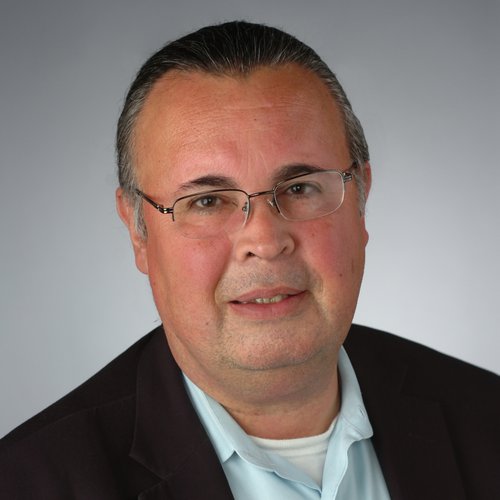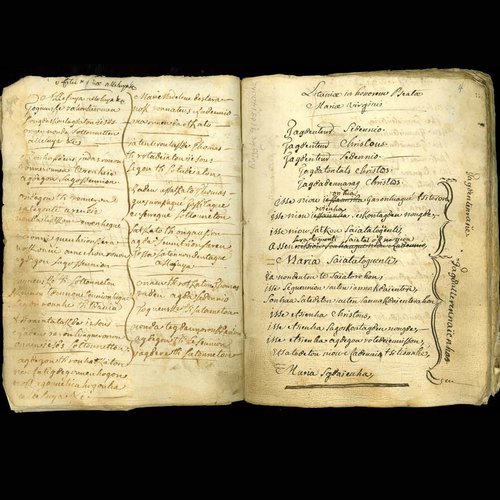Syracuse Stage Announces Auditions for 2025-26 Theatre for the Very Young Production ‘Tiny Martians, Big Emotions’
Syracuse Stage is seeking non-equity actors to audition for the Theatre for the Very Young production of “Tiny Martians, Big Emotions,” conceived and directed by Kate Laissle. The show is a touring educational program as part of the company’s 2025-26…



